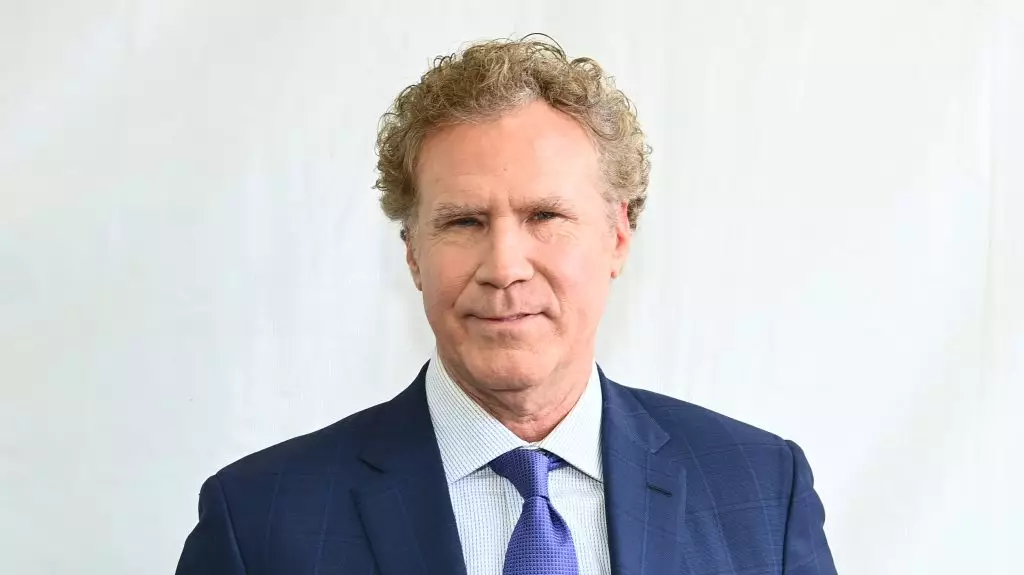In an era defined by discussions around identity and acceptance, Will Ferrell has taken a courageous step forward with his latest documentary, “Will & Harper.” Airing on Netflix and available in select theaters, this heartfelt exploration showcases Ferrell’s deep-rooted friendship with trans co-writer Harper Steele, who bravely shares her journey of coming out as a trans woman. The documentary serves as not only a personal narrative but also a broader commentary on the pervasive issue of transphobia and the significance of understanding in combating prejudice.
Ferrell’s candid reflections about transphobia shed light on the underlying fears that often propel such animosities. In his interview with The Independent, he reasons that the fear of the unknown breeds hatred and misunderstanding. “I think we fear what we don’t know,” he notes, indicating a crucial insight into why trans individuals might be viewed with skepticism. By emphasizing the safety risks that trans people often face, Ferrell highlights a distressing reality that must be confronted. This acknowledgment not only aligns him as a white, cisgender male ally but also illustrates a vital perspective that is often overlooked in discussions on gender identity.
“Will & Harper” documents a poignant road trip that serves as a metaphor for their evolving relationship and understanding of each other. This journey transforms into an exploration of identity, not only for Steele but also for Ferrell as he learns to navigate the complexities of friendship through the lens of acceptance. Road trips in documentaries often represent journeys of self-discovery and growth; in this case, it becomes a tangible representation of the duo’s commitment to fostering mutual understanding.
The filmmakers aim for “Will & Harper” to serve as a catalyst for cultural change surrounding views on transgender individuals. The collaboration between Ferrell and Steele, who have worked together for three decades, illuminates the power of shared experiences in promoting acceptance. The shifting narrative from “fear” to “friendship” is a significant aspect of what they hope to achieve. Their mutual support exemplifies that true friendship transcends societal norms and expectations, fostering an environment of respect and empowerment.
Through “Will & Harper,” Will Ferrell emerges not just as a comedic icon but as a voice of compassion for the transgender community. His efforts in amplifying the importance of friendship and understanding within the LGBTQ+ sphere are commendable. By engaging in dialogue about transphobia and showcasing the beauty of authentic relationships, this documentary provides viewers with invaluable insights, encouraging them to question their own beliefs and biases. Ultimately, Ferrell’s work stands as a testament to the power of narratives in influencing social change, advocating for a world where everyone can embrace their true selves without fear.


Leave a Reply